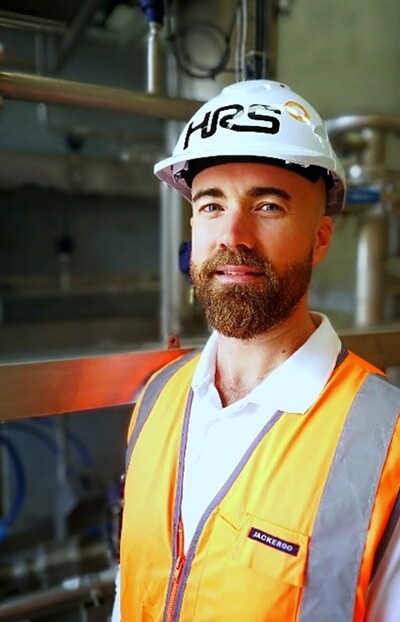Reducing waste in meat processing
By Chris Little, Director, HRS Process Solutions
Thursday, 12 November, 2020

The recent Australian Government annoucement seeking a partner to help establish a National Food Waste Governance Entity is good news for both the country and the planet. However, given the climate emergency, there is no reason for proactive food producers to wait before they take action to reduce waste from their own manufacturing processes. In doing so, not only will they do their bit for the environment, but they will also improve their own financial bottom line.
According to the government, each year Australia wastes around 7.3 million tonnes of food (equal to ~300 kg per person), which accounts for more than 5% of Australia’s greenhouse gas emissions. Of course, there is an economic cost to this waste as well as an environmental one — not only in terms of lost revenue from potential product sales, but also in terms of disposal costs.
Using equipment which has been specifically designed to minimise losses during processing, together with the use of dedicated systems to clean and recover product from equipment after processing, can go a long way in terms of reducing processing losses, particularly those associated with product changeovers, cleaning, etc.
In the most demanding situations, scraped surface heat exchangers are specified as the scrapers continually remove residues from the surface of the tubes before they build up. These heat exchangers can be used for numerous processes, including heating and cooling, cooking, concentrating, pasteurising and sterilising.
However, no matter how much build-up of product you avoid during operation, equipment eventually needs to be cleaned. Depending on the range of products handled and product complexity, this may be required several times a day between production batches. If product remaining in equipment is ‘flushed’ through as part of cleaning procedures, then hundreds of thousands of dollars of product can be lost each year.
Traditionally this problem has been overcome by the use of ‘pigging systems’ to physically push product through key parts of the system or to use water or air to push product through, although all have certain disadvantages, including added complexity and the potential to dilute or contaminate products.
A better option is to use a heat exchanger, such as the HRS R Series, which can be run in product recovery mode before the cleaning cycle commences. This range of scraped surface heat exchangers uses a scraper bar within each inner tube to enhance product flow, prevent fouling and minimise pressure drop. The unique feature of the R Series is that the scraper bar features a helical screw which rotates at high speed. In certain configurations with less viscous materials, this screw can be run in reverse, effectively emptying the heat exchanger tubes of product without damaging it or changing its characteristics.
The system is particularly suitable for high-value viscous products such as meat and poultry emulsions, where any losses of product can be economically important. The R Series can be emptied of the majority of product without the need for any additional pumps or pressure systems. This provides advantages in terms of both capital and running costs.
The R Series can be configured for both horizontal and vertical operation, so that gravity can also be used to help recover product from the tubes. Each unit can be supplied with one, three or six tubes, and multiple units can be combined for larger installations. Due to the amount of product saved, and the fact that it is often unnecessary to install additional product recovery systems, the R Series heat exchanger can quickly pay for itself and in the long term can be a more economical option than alternative systems which have lower capital costs.
French fries maker installs fully integrated processing line
The Key Technology processing line, with integrated optical sorters, graders and more, is...
Smarter liquid application in bakeries
How electrically controlled atomising nozzles are being used to reduce waste and improve...
Smart optical sensor detects ripeness for a quality drop
Queen Mary University of London researchers are developing a handheld, AI-powered grape ripeness...












